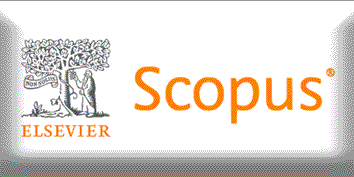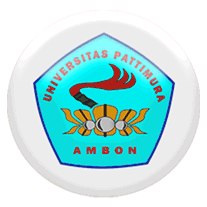ANALISIS SHIFT-SHARE TERHADAP PEREKONOMIAN KOTA SORONG
Abstract
The growth of GDRP of Manokwari regency has a negative growth in the last few years, this shows the poor performance of the regional economy as a result of the utilization of production factors that are not optimal. This research aims to calculate and analyze the growth of economic sectors, the competitiveness of the economy and the growth profile of economic sectors in Sorong city with a proxy for GDRP from 2013 to 2018. The analysis method used is quantitative desctitive method with Shift-Share analysis approach. The research results show that positive growth in the economy of West Papua has had a positive impact on economic sectors in Sorong city. The sector that has the biggest impact from the economic growth of West Papua province is the construction sector and the smallest is the electricity and gas sector. At the provincial level, the sectors with negative growth are Agriculture, Forestry and Fishing sectors, Mining and Quarrying sectors, as well as the manufacturing sector which causes sluggish growth in the same sectors in the city of Sorong. In terms of competitiveness, only the Mining and Quarrying sector in the city of Sorong has competitiveness against the same sector in West Papua province. Only six economic sectors with progressive growth and as many as eleven economic sectors have negative growth.
Downloads
Authors who publish with this Journal agree to the following terms:
- Author retain copyright and grant the journal right of first publication with the work simultaneously licensed under a creative commons attribution license that allow others to share the work within an acknowledgement of the work’s authorship and initial publication of this journal.
- Authors are able to enter into separate, additional contractual arrangement for the non-exclusive distribution of the journal’s published version of the work (e.g. acknowledgement of its initial publication in this journal).
- Authors are permitted and encouraged to post their work online (e.g. in institutional repositories or on their websites) prior to and during the submission process, as it can lead to productive exchanges, as well as earlier and greater citation of published works.






1.gif)



